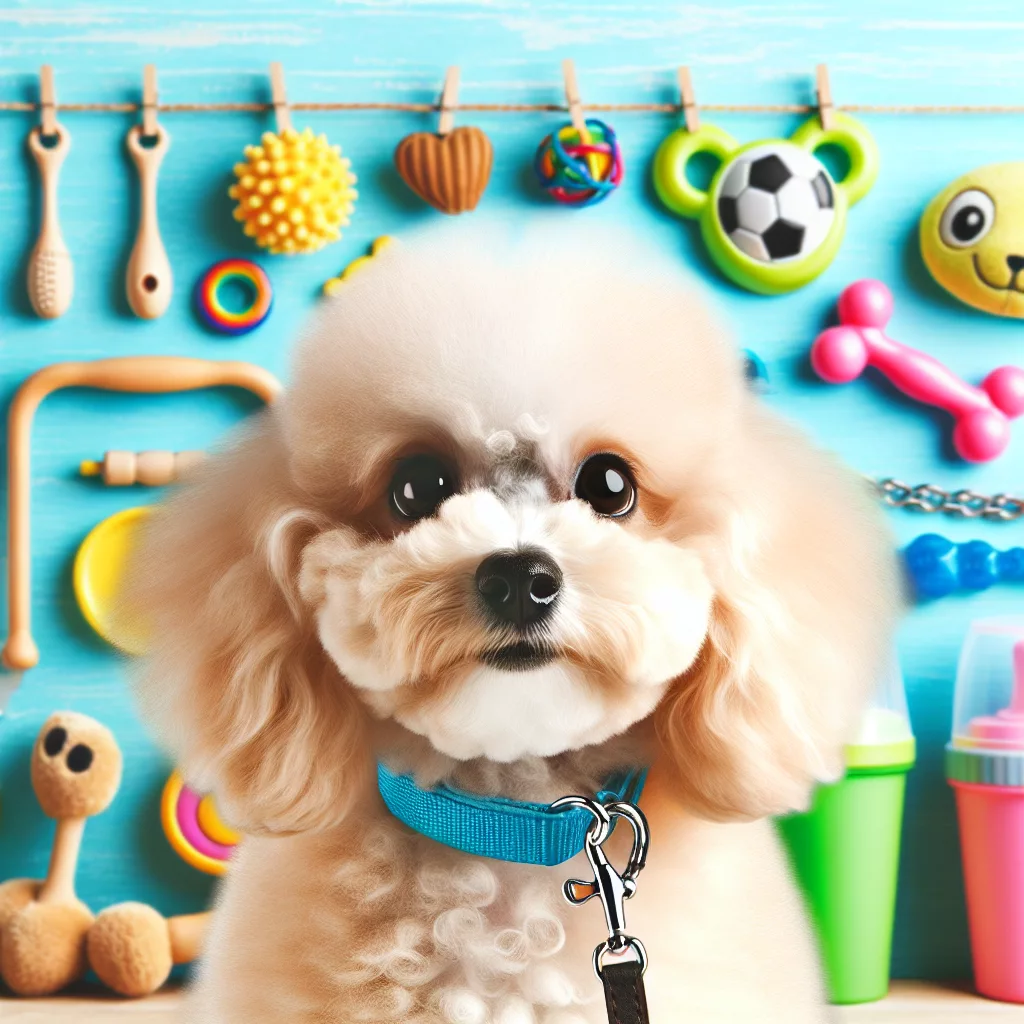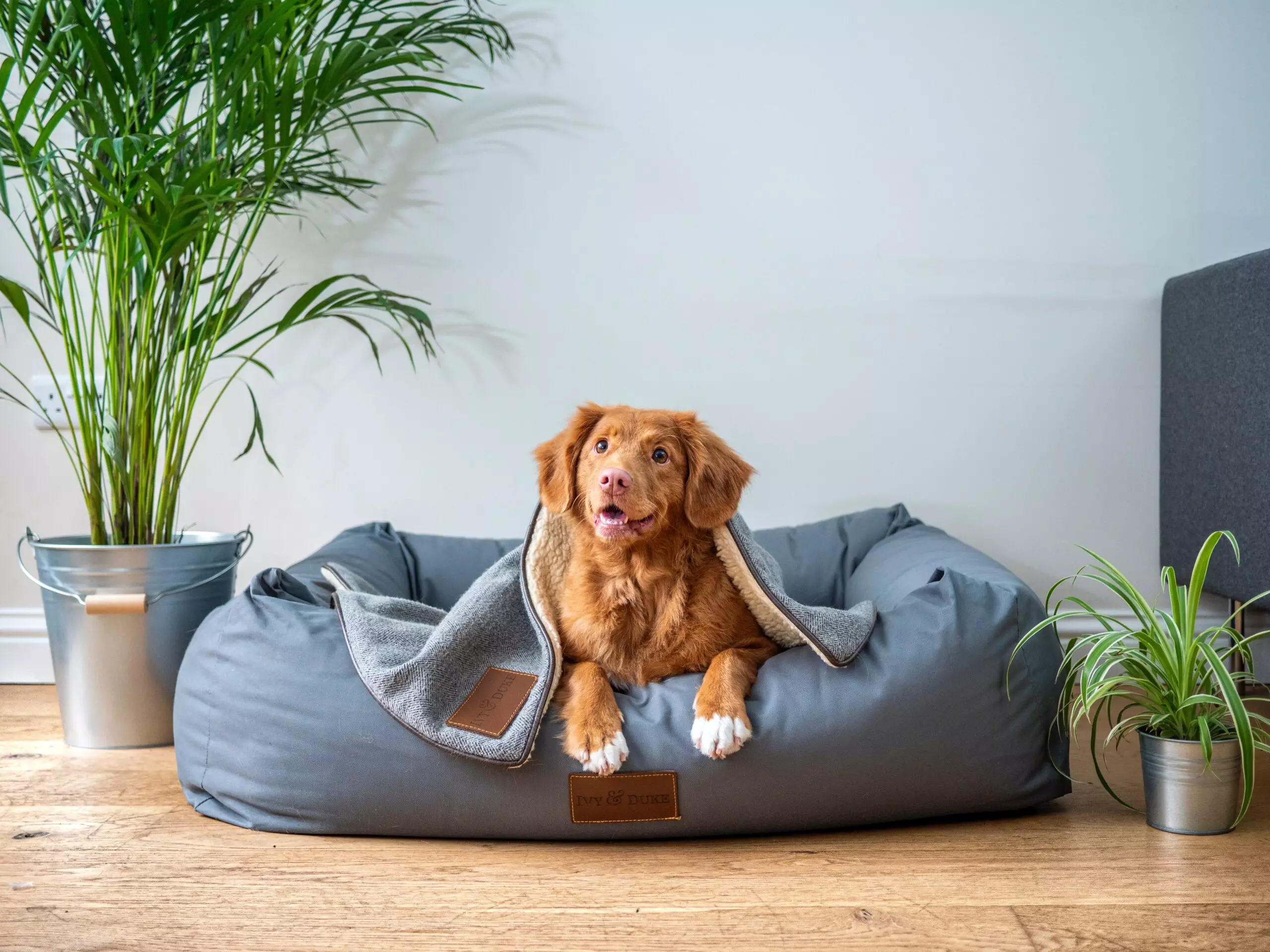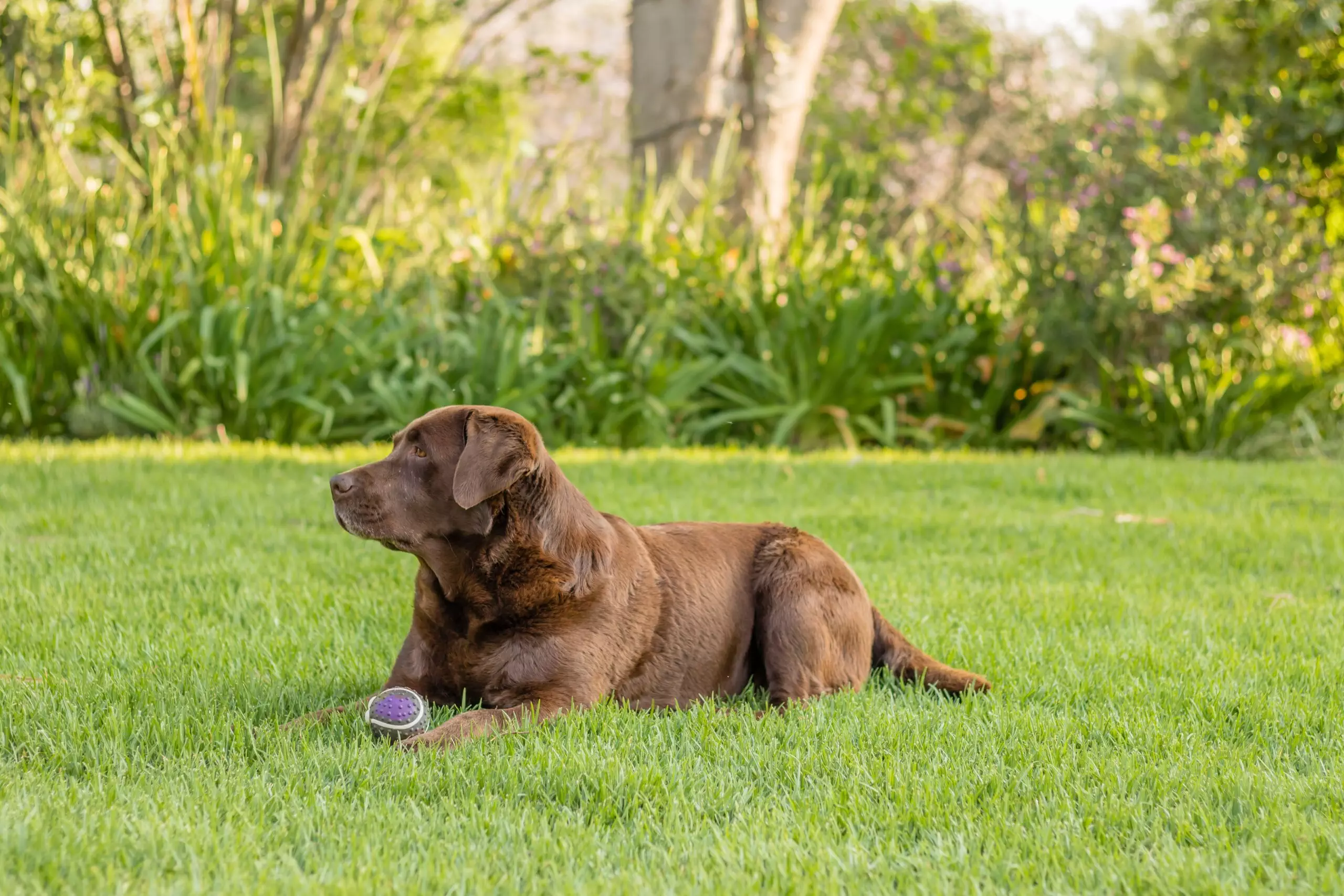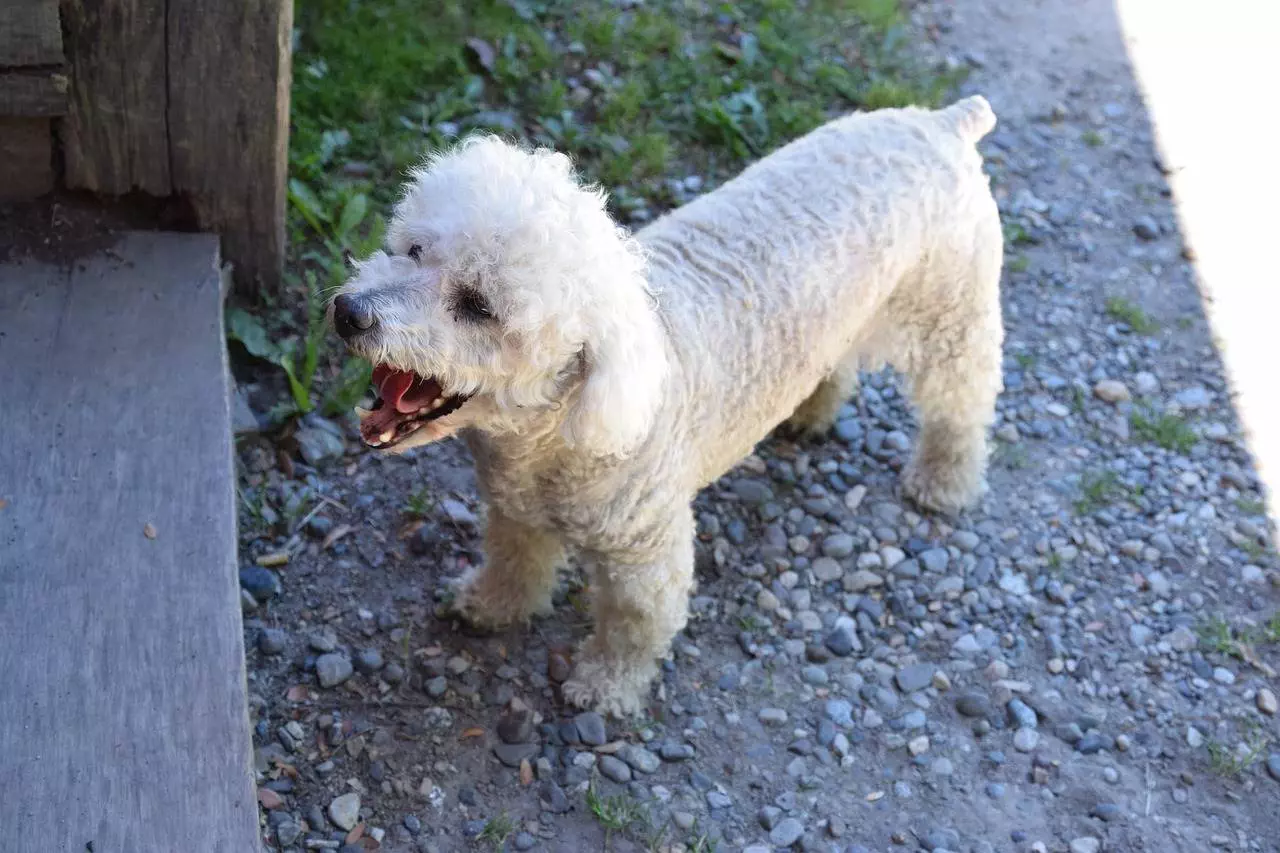Are you the proud parent of a cuddly toy poodle? If so, you know that these adorable balls of fur are not only fun companions but also surprisingly smart little creatures. The article “How to Train a Toy Poodle” will guide you through the essential steps for effectively training your pup. From basic obedience cues to advanced tricks and socialization strategies, you’ll soon have all the tools you need to form not only a meaningful bond with your poodle but also a well-behaved four-legged family member.
Understanding the Toy Poodle’s Temperament
Before training any dog, it’s important to understand their temperament, and Toy Poodles are no different. Toy Poodles are known for their diverse personalities which makes them all the more charming and engaging.
Recognizing the intelligence of Toy Poodles
The Toy Poodle’s intelligence is one of their most defining characteristics. They are known to be one of the smartest breeds in the canine world. In fact, their swift learning pace might even surprise you at times. As you begin training, remember that while it is a delight to have an intelligent dog, remember to keep them stimulated. This may involve coming up with new challenges or switching up their routine often to keep them engaged.
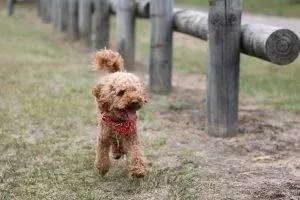
Appreciating the energetic nature of the breed
Similar to their intelligence, Toy Poodles possess a high degree of energy for their size. Don’t let their petite frame fool you—their energetic nature means they are always ready for some fun playtime or engaging activities. This high-spirited nature will come in handy during training, as you can incorporate activities that allow them to channel their energy into learning new skills.
Accounting for the breed’s playful and sociable side
Toy Poodles are known to be playful and sociable dogs. They love company and enjoy being around their human family members. Use this sociable nature to your advantage during training by incorporating plenty of positive reinforcement—your Toy Poodle is sure to respond to your praise and affection. Remember, training can and should be fun for both of you.
Establishing a Routine
Establishing a routine is crucial for effective Toy Poodle training. Creating a routine instills a sense of security in your pup, and helps them understand what to expect at various times of the day.
Setting regular feeding time
Your Toy Poodle should be fed at the same times each day. Consistent feeding times not only aid in digestion but also help in predicting when your puppy might need to go outside, which can be instrumental in house training.
Planning consistent play and exercise hours
Play and exercise should also follow a set schedule. Regular activity is essential for your Toy Poodle’s physical and mental health, and scheduling these sessions consistently helps your dog anticipate these fun times.
Implementing a fixed bedtime
Having a set bedtime can help your pup understand when it’s time to wind down. A routine resting time aids in their overall health and wellbeing and plays a role in maintaining a smooth daily routine.
House Training Tips
House training your Toy Poodle is one of the initial and most essential steps of the training process.
Beginning as early as possible
Toy Poodles are fast learners, especially when young. Begin house training as soon as they arrive at your home. Remember, patience is key as accidents will happen, but with consistency, they will catch on quickly.
Using the crate training method
Using a crate is an effective training tool. A crate provides a safe and secure place for your Toy Poodle and helps in developing bladder control.
Implementing pee pad training
Pee pad training can be another useful technique particularly for those living in apartments or without easy access to a yard. Praising your pup when they use the pee pad and gradually moving the pad closer to the door can help in the transition to outdoor potty training.
Harnessing their Intelligence: Brain Training
Brain training your Toy Poodle can keep them mentally stimulated and sharpen their clever minds.
Using puzzle toys
Puzzle toys are an excellent way to challenge your Toy Poodle’s intelligence. These toys can hold treats that require problem-solving skills to obtain, keeping your dog entertained and engaged.
Teaching tricks
Take advantage of your Toy Poodle’s quick learning and train them to perform a variety of commands and tricks from a young age. Not only is this a fun way to bond, but it can also stimulate their agile minds.
Providing mental stimulation via new experiences
Introduce your Toy Poodle to new experiences—from new environments to new people—on a regular basis. This not only keeps their mind active but also helps promote their social skills.
Basic Obedience Training
In basic obedience training, your Toy Poodle learns essential commands that will help keep them safe and well-behaved.
Teaching sit, stay and come commands
Teach these basic commands to your Toy Poodle early as they’re extremely important in everyday life. These commands ensure your dog can behave appropriately and safely in various settings.
Training to walk on a leash
Leash training is vital for all dogs. Done right, it gives you control during walks and ensures your dog’s safety. With Toy Poodles’ quick learning and willingness to please their owners, they generally pick up leash walking skills fairly quickly.
Implementing ‘leave it’ and ‘drop it’ commands
These commands can be lifesavers, particularly in situations where your dog picks up or is about to pick up something unsafe. Again, consistency is key in teaching these commands.
Socialization Skills
Socialization is vital for a well-adjusted, confident Toy Poodle.
Introducing to different people and environments
Gradually expose your Toy Poodle to various environments, people, and animals. This will help them build confidence and have positive experiences outside their immediate surroundings.
Ensuring positive experiences with other dogs
Positive interactions with other dogs contribute to your Toy Poodle’s mental health and social skills. Aim for these experiences to be positive and ensure playtime with other dogs is supervised, especially when they’re young or new to socialization.
Acclimating to various objects and sounds
Familiarize your pup with different objects and sounds they’ll come across in daily life—anywhere from household appliances to vehicles on the street. This can prevent fearfulness and anxiety.
Overcoming Separation Anxiety
Toy Poodles are prone to separation anxiety, largely because they’re such sociable creatures.
Recognizing signs of separation anxiety
Learn to recognize signs of separation anxiety such as excessive barking, pacing, or destructive behavior. It’s essential to address these issues rather than punish your dog for them; anxiety is not a behavioral problem, but a mental health one.
Gradually increasing time left alone
Gradually increase the time your Toy Poodle spends alone. Start with few-minute intervals and work your way up. This aids your pet in understanding that you will always return, and being alone for periods of time is okay.
Providing comfort items and distractions
Leaving comfort items, such as a favorite toy or piece of clothing with your scent can help your Toy Poodle feel more at ease when alone. Puzzle toys filled with tasty treats can also distract your pet from your absence.
Addressing Behavioural Issues
Just like any other breeds, Toy Poodles can develop behavioral issues that require addressing.
Identifying common behavioural issues
Common issues might include excessive barking, nipping, or resource guarding. Identifying these issues early can make addressing them more manageable.
Consulting a professional dog trainer
Behavioral problems can sometimes be hard to address. Don’t hesitate to consult with a professional dog trainer or animal behaviorist if necessary. They can provide insight and methods to correct these issues in a positive way.
Employing positive reinforcement techniques
Always lean toward positive reinforcement methods in training. Positive reinforcement rewards good behavior, which makes your dog more likely to repeat that behavior. Harsh punishments can cause fear and anxiety and can often lead to more behavioral issues.
Advanced Training Techniques
For a dog as smart as a Toy Poodle, advanced training can provide an exciting challenge.
Training for agility courses
With their energetic nature, Toy Poodles are natural candidates for agility training. This advanced training type not only provides the needed physical stimulation but also acts as a mental challenge for your dog.
Teaching advanced tricks and commands
Not only will teaching advanced tricks and commands be fun for both of you, but it will also help keep your dog’s mind sharp. For Toy Poodles, whose intelligence and eagerness to please their owners is apparent, learning advanced commands or complicated tricks can be a particularly stimulating adventure.
Engaging in mentally stimulating activities
Continuing to promote mental stimulation in your Toy Poodle’s life, such as teaching them to recognize and fetch specific toys, running an obstacle course, or tracking a scent, can be a great way to harness their intelligence and energy.
Maintaining Training Long Term
Maintaining your Toy Poodle’s training long term is essential to ensure they continue to be well-behaved and adjust happily in their environment.
Ensuring consistency in commands and rewards
Consistency is key to any effective training program. Stick with the same commands and continue to reward good behavior. Changing commands can cause confusion, and inconsistent rewards can weaken previously learned behavior.
Keeping up with regular training sessions
Regular training sessions help in maintaining training. Training is an ongoing process, and even well-trained dogs benefit from continuing regular training sessions.
Addressing regression and setbacks
Setbacks are normal in any training journey. Rather than getting frustrated, identify the cause of regression and create a plan to get back on track. If a certain training technique no longer works, it might be time to try something new.
Training a Toy Poodle, with their high intelligence and energetic nature, can be a rewarding journey. Remember, a well-trained dog is a joy for the entire family and an even happier pet. With patience, love, and consistency in training, your Toy Poodle can reach their full potential.


